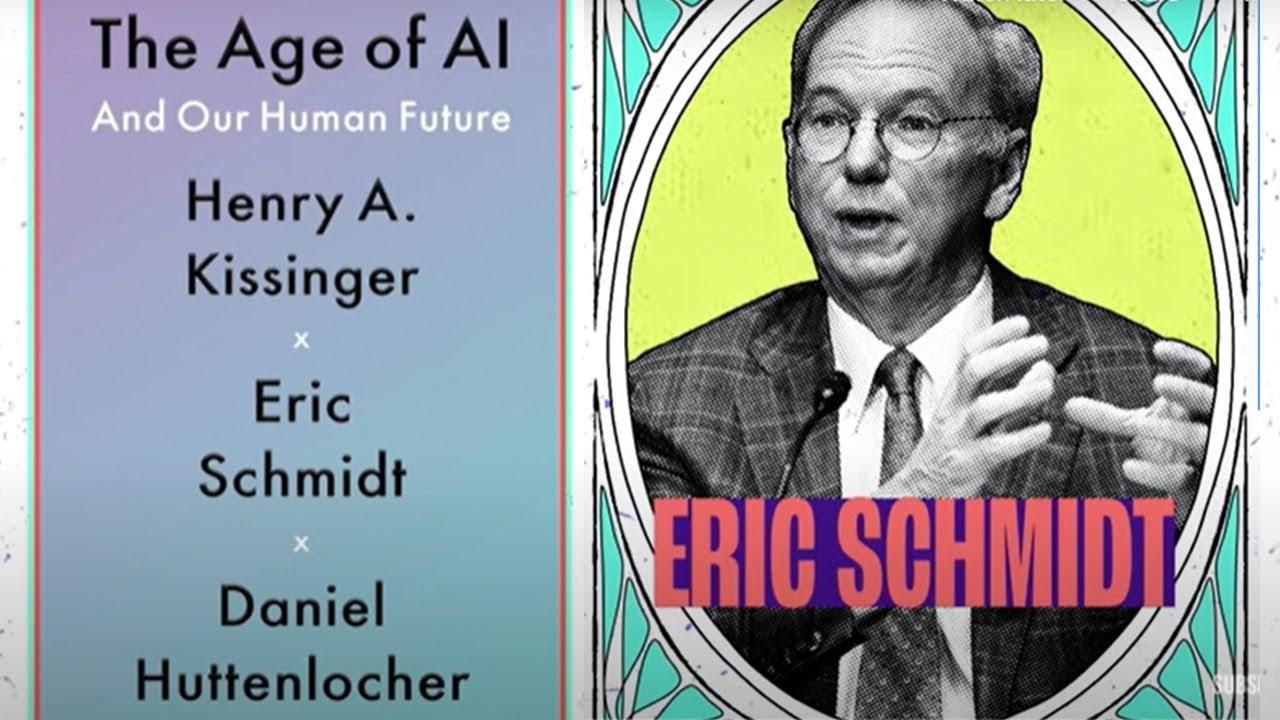GZERO World Clips
Beware AI's negative impact on our world, warns former Google CEO Eric Schmidt

Beware AI's Negative Impact on Our World, Warns Former Google CEO Eric Schmidt | GZERO World

Does Big Tech really understand AI? Ian Bremmer talks to former Google CEO Eric Schmidt & co-author of “The Age of AI: And Our Human Future,” who believes we need to control AI before it controls us.
What's troubling about AI, he says, is that it’s like nothing we’ve seen before, it's still very new. Instead of being precise, AI learns by doing– exactly like humans.
The coronavirus pandemic drove people’s lives even more online– we are now more connected than ever before. But we don't always know who runs our digital world.
The problem is that instead of governments, tech companies are writing the rules through computer algorithms powered by artificial intelligence.
The US and China competition in AI is intensifying. China is already doing pretty scary stuff with it, like surveillance of Uyghurs in Xinjiang (and also some fun stuff, like publicly shaming jaywalkers). Schmidt explains that it's because the Chinese ensures their internet reflects the priorities of the Communist Party --- he’s not a big fan of those values shaping the AI on apps his children use. Yet, he blames algorithms, not China, for the polarization on social media. Schmidt is all for free speech, but not for robots.
The Israeli government unilaterally passed measures that allow Jewish settlers to purchase land in the West Bank, overriding past laws that effectively banned the sale of property there to anyone other than Palestinian residents.
People attend a demonstration to demand the release of Venezuelan opposition politician Juan Pablo Guanipa, who has been re-arrested, in Maracaibo, Venezuela, on February 9, 2026.
The freeing and re-arrest of an opposition figure in Venezuela has become a snapshot of Venezuela’s small window for shifting to democracy.